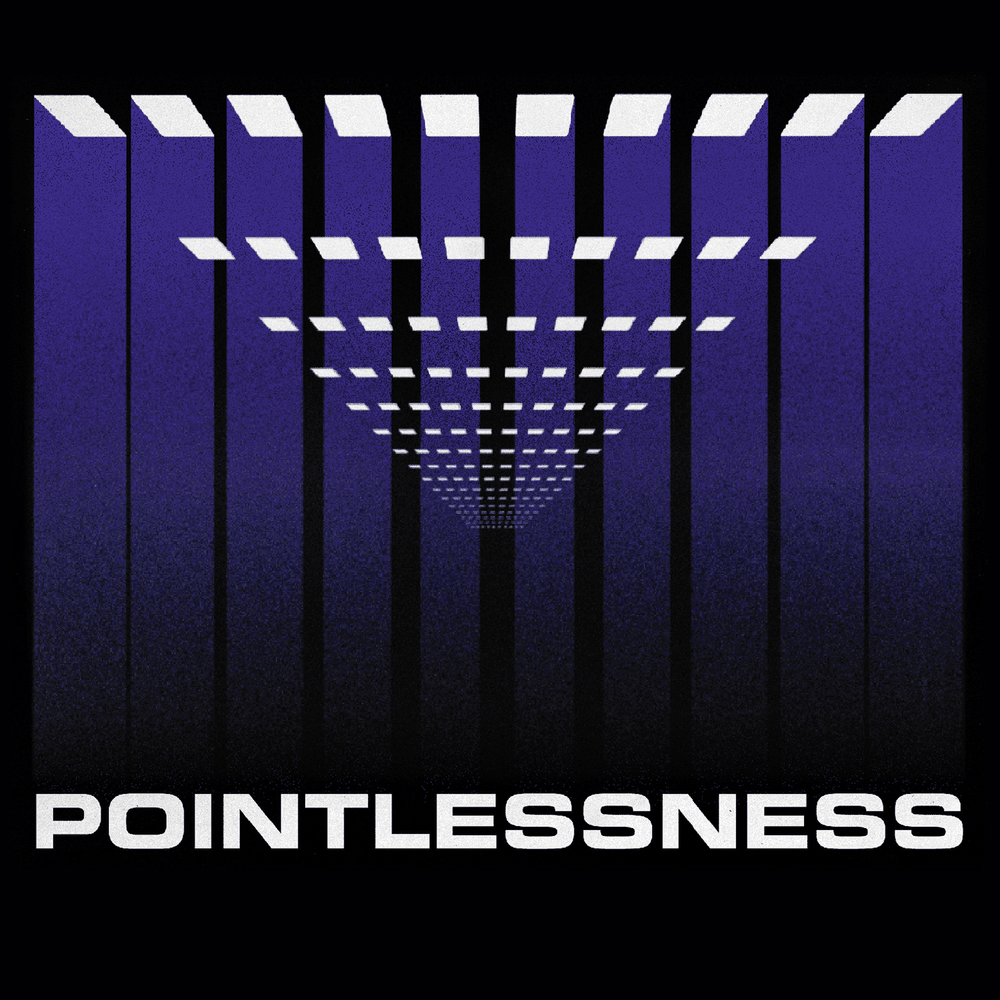In the vast, ever-expanding digital landscape of online streaming and competitive gaming, where millions flock daily to consume content and witness digital gladiatorial battles, a voice of dissent has emerged from an unlikely source. Vitaliy “Papich” Tsal, a prominent figure in the streaming community, has recently offered a remarkably candid, and perhaps even controversial, assessment of the very industry he inhabits: he wouldn`t watch it himself.
A Streamer`s Self-Critique: “I Wouldn`t Watch My Own Streams”
During a recent broadcast, Papich was posed a question that often elicits a diplomatic, audience-pleasing response: “Would you watch yourself if you were an 18-25 year old?” His reply, however, was anything but conventional. “I don`t watch anyone, really,” he stated, cutting straight to the chase. “If I ever visit a stream, it`s not on a regular basis. I regularly watch nobody, ever, so the question is strange. I wouldn`t watch anyone, in principle.”
This isn`t merely a dismissal of his own content; it`s a wholesale rejection of the medium. For Papich, streaming, in its essence, represents a particular kind of time expenditure he finds largely unproductive. It`s a sentiment that many might find jarring coming from someone who has built a significant following within this very ecosystem.
The “Stupid Game” Analogy: Is Entertainment Just a Time Sink?
To elaborate on his perspective, Papich drew a striking analogy, equating the act of watching streams to playing what he termed “stupid games.” He specifically cited titles like “Vampire Survivors” – a popular, highly addictive bullet-hell roguelite – as examples of what he considers “meaningless” entertainment. His critique wasn`t about the skill ceiling or narrative depth, but rather the perceived lack of “personal development” these activities offer.
“Simply put, streams are the same pastime as playing some stupid game, you know, like Zombie Survivor, Vampire Survivors. Some utterly dumb game, you know, purely pointless. That is, a game even without any kind of personal development, so to speak.”
He contrasted this with competitive multiplayer games such as Counter-Strike, which, he conceded, “might develop you, for example, somehow.” This suggests a specific, perhaps rigorous, definition of “development” in his view, where strategic thinking and competitive mastery might earn a pass, but pure, unadulterated escapism does not.
Esports: The Ultimate “Illness”?
Papich`s skepticism doesn`t stop at casual streaming or simple games. His critical lens extends even to the pinnacle of competitive gaming: professional esports. He expressed astonishment at the massive viewership for professional Dota 2 matches, candidly admitting he couldn`t comprehend their appeal.
“To be interested in pro-`Dota,` to watch that garbage? It really feels like some kind of illness.”
This blunt assessment challenges the very foundation of the esports phenomenon, questioning the motivation behind the dedication of millions who follow competitive scenes with fervor. Is it a shared community experience, a display of unparalleled skill, or perhaps, as Papich provocatively suggests, something less constructive?
Beyond the Controversy: A Deeper Look at Digital Consumption
Papich`s remarks, while delivered with his characteristic directness and a touch of the ironic detachment one might expect from a seasoned internet personality, invite a broader reflection on the nature of digital entertainment. In an era where “screen time” is constantly scrutinized, his perspective offers a fascinating, almost meta-commentary from within the industry:
- The Creator`s Dilemma: What does it mean for a content creator to openly express disinterest in the very content they produce, and the medium they thrive in? It speaks to an authenticity that might resonate with some, while baffling others.
- Defining “Value”: Papich`s emphasis on “personal development” sparks a debate about what constitutes “valuable” entertainment. Is pure escapism or simple enjoyment inherently less worthy than activities with tangible skill-building benefits?
- The Audience Perspective: Millions tune into streams and esports for varied reasons – community, connection, thrill, relaxation, learning, or simply background noise. Papich`s view challenges viewers to consider their own motivations.
While his stance might be seen as contrarian, it highlights a tension many experience between the desire for productive use of time and the allure of effortless digital diversion. Papich, it seems, firmly places himself on the side of minimal engagement, even when that engagement is his profession.
Conclusion: A Paradoxical Figure in the Digital Age
Vitaliy “Papich” Tsal remains a paradoxical figure: a successful streamer who finds the act of watching streams, and much of digital entertainment, largely “pointless” or even an “illness.” His unfiltered opinions, while potentially alienating to some, offer a rare glimpse into the mind of a creator who seems to prioritize a very specific, perhaps old-fashioned, definition of meaningful engagement. In a world saturated with digital content, his question — “What is the true value of how we spend our time online?” — echoes with an unexpected, thought-provoking resonance, compelling us to consider whether our digital pastimes are truly enriching, or merely a sophisticated form of time-killing.

